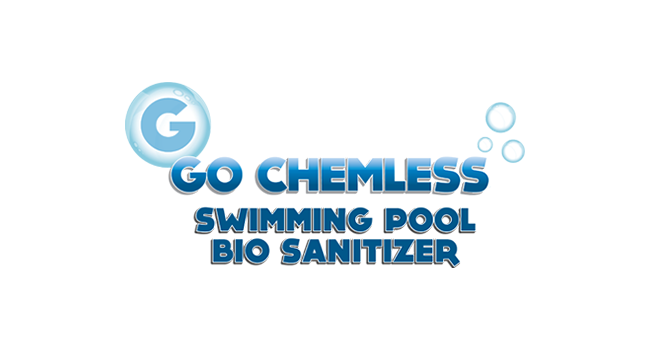Pool Chemicals Cause Thousands of Illnesses – Chlorine, the chemical used to disinfect swimming pools, has already been linked to asthma (spend more than an hour per week swimming, indoors or out, and a child’s risk of asthma increases tenfold).
Inhaling fumes is only one of the ways chlorine pool chemicals can cause health problems, as a new Centers for Disease Control and Prevention report demonstrates.
In the past 20+ years in New York, one of the few states that requires reporting of health incidents at public pools, the vast majority (94%) of reported illnesses were respiratory. Most of these incidents were caused by the mixing of chlorine with an acid, which creates highly hazardous chlorine gas.
Nationally, more than 4,000 cases of pool-chemical illness have been reported annually to the Consumer Product Safety Commission in the past decade, with roughly one-third reporting respiratory symptoms and 19% reporting eye irritation. Poison Control Centers receive many more complaints: more than 9,500 in 2007 alone, with two in every five cases involving children under the age of 6.
The CDC report emphasizes that these incidents can be prevented with proper storage and handling of chemicals, and with proper education of pool workers and bathers:
The [New York State Department of Health] reports illustrate that these health events at public aquatic venues can injure a large number of persons and likely are preventable through appropriate education and training (e.g., instructing persons to never mix chlorine products with acid). Previous studies underscore that requiring pool operator training can reduce the number of water-quality violations. Future prevention efforts should require training for all public pool operators. The disproportionate (86%) number of pool chemical-associated health events occurring in settings where pools were not the primary focus (e.g., schools or hotels) specifically calls for emphasizing training efforts in these settings. Additionally, because at least 43% of [hospital emergency department]-treated, pool chemical-associated injuries occurred at a residence, messages about safe chemical handling and storage, particularly the use of personal protective equipment (e.g., safety glasses and appropriate masks), also should target residential pool owners.
The report’s findings also, however, underscore the inherent toxicity of pool disinfection chemicals.
If you’re installing a pool, consider a natural pool. If you already have a pool, carefully consider recommendations for safe pool chemical handling and storage from the Environmental Protection Agency and the CDC. Be sure to download and read those materials thoroughly. Here is a quick look at the main recommendations:
8 Tips for Safely Handling and Storing Pool Chemicals
- Keep pool chemicals dry: Chemicals are designed to be added to large volumes of water. A small amount of water can trigger the release of toxic gas or even a fire. Maintain low-humidity conditions and take care to avoid spills of water where chemicals are stored; for instance, cover chemicals with a waterproof barrier and store them elevated off the floor.
- Avoid high heat and direct sunlight: Store chemicals in an area that remains cooler than 95 degrees F and that doesn’t receive direct sunlight to minimize risk from fire.
- Store chemicals separately: Maintain clear original labeling on all chemical packaging; don’t mix new and old chemicals, even if they are the same type; use separate tools for different chemicals and otherwise strive to keep chemicals from mixing. Mixing chemicals can result in fire or the release of toxic gas.
- Don’t store pool chemicals near flammable, combustible or reactive substances: Gasoline, gas-powered equipment and other chemicals and materials (including grease, fertilizer, herbicides, paint, solvents, oily rags and alcohol) should be stored separately to avoid risk of fire.
- In the case of a fire, professionals should do the job: Dry chemical or halon-type fire extinguishers can react badly with chlorine, so copious water, expertly applied, is the best method for fighting the type of chemical fire typically associated with pool chemicals. Be aware that fires can result in chemical pollution that may be harmful to wildlife or that may contaminate groundwater.
- Keep your chemical storage area clean and neat: Be sure, however, to use only cleansers that won’t react with the pool chemicals. For instance, acids and ammonia, when mixed with chlorine, can produce noxious and poisonous gases.
- Use common sense: Don’t smoke while handling chemicals. Don’t eat while handling chemicals. When you’re done using chemicals, thoroughly wash your hands. Etc… with a capital “E.”
- Dispose of old, unused and unwanted chemicals appropriately: Since these chemicals are hazardous, they should not be dumped or disposed of with household waste. Contact your municipality, recycling center or trash hauler about proper disposal procedures for hazardous household waste. Plug your zip code and “pool chemicals” into the search engine at Earth 911 for local listings.
Resource: http://www.thedailygreen.com/environmental-news/latest/chlorine-pools-47051803#ixzz21gbZBQAt

